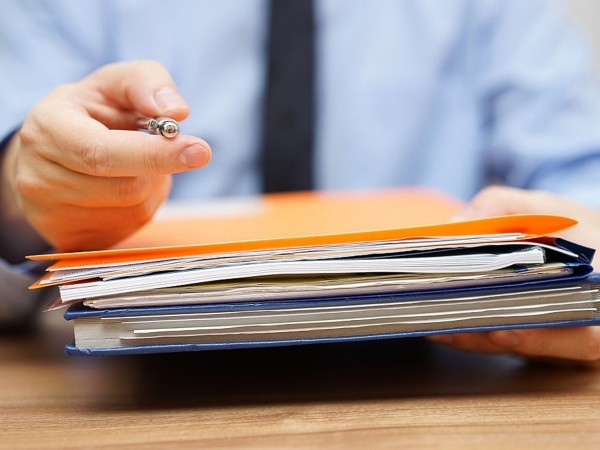Lovely to share and express your creative work but….
How do you protect yourself as an artist? As an artist, you need contractual agreements that bind all those who work with you. You and your work need to be protected from misuse and copyright. UK copyright law protects you and your work and is the basis from where you pursue any copyright infringement of your work.
Also, you need to be paid fairly for the work you do. Methods of legal protection include registering your work using trademarks and patents, copyrighting your work, and legal contracts. In practice, how do you protect yourself as an artist and use your time on your work effectively?
When is it time to take action?
It is not just about take legal action after the damage has been done: protect yourself before sharing your work. If you work in the music, media or creative arts industries, you should consult a media lawyer early in your career. In particular, look for lawyers who have expertise in working with clients in your area of work.
Media lawyers can also represent artists, writers, actors and film professionals through agency agreements. These protect image rights, distribution deals, publishing deals, recording licenses, rehearsal agreements and royalties.You may even need special protection that includes estate planning to pass your work to family or other beneficiaries.
New work published on social media
Sometimes new bands or new film media start-up as groups and distribute their material and services without legal protection. For example, the internet (and social media) is a cheap and common place to publish work. New bands and media groups often do not have the finances to publish their work on a wide scale. Their work is therefore subject to misuse before they have legally protected it.
Even if bands have legal protection, the changing environments might render their contracts outdated. New groups often concentrate on their work putting legalities out of place on the back seat. They are often unaware of the details in their performer’s rights leaving them exposed to scams and unfair charges or remuneration. Importantly, loopholes that emerge in outdated contracts may compromise the financial stability and reputation of new groups.
What should you look for in a music contract?
The contracts should include:
- the law that governs the contract and jurisdiction that the contract covers
- who the copyright of music is assigned
- the moral rights of the artist and the rights to return
- how many songs are expected to be delivered or performed
- what the publisher or promoter is expected to achieve for the artist
- how royalties should be paid
- advances of monies are expected by the artist and the means of payment
- how the contract will terminate if required
What type of artist contracts are there?
It is likely that you will engage in more than one contract with different suppliers. These include your fellow artists and their roles around you and your joint venture. Focussing on music, a record deal will have a number of agreements with an artist. Self-employed artists and owners of original work need to take special care and delegate the legal matters to the specialist. The persons responsible for music arrangements, performances or published work will need clear guidelines and boundaries from you, the owner.
These agreements may change over time but needs to be written in the contact to keep loopholes closed. Also, the artist may have moral concerns and require specifications into who, how and where the work is distributed. It can be as detailed as that! Tight, well written contracts written using experts who understand the music industry are your best option to protect yourself. How do you protect yourself as an artist? It is best to contact a lawyer to act for you independently of the other party…
If you need a media lawyer or solicitor, contact us for more information about your legal concerns.
Sign up to our newsletter here


Recent Comments